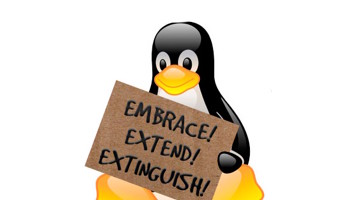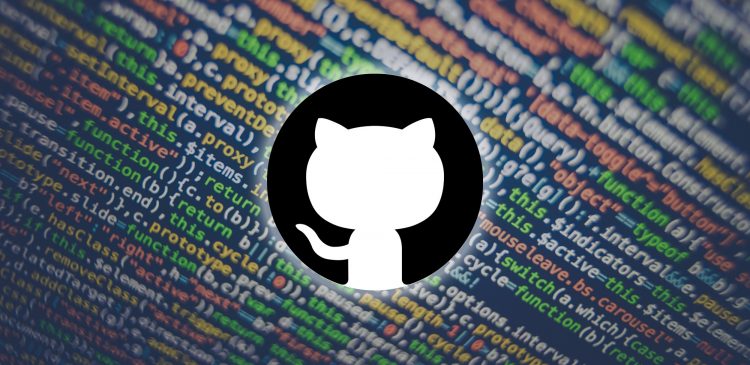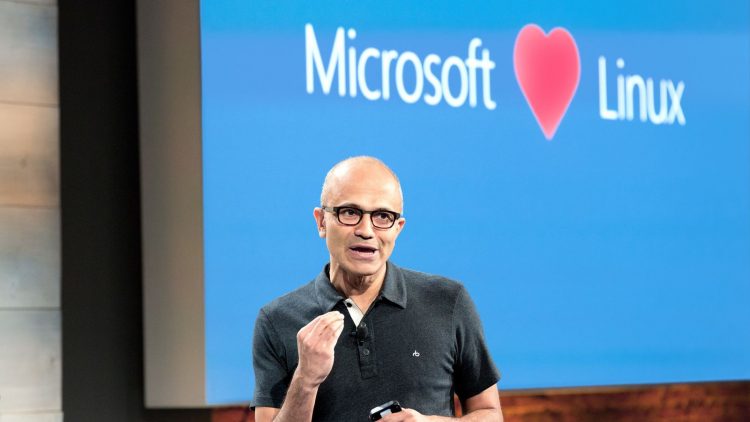Microsoft is buying GitHub.
According to a Bloomberg report Microsoft has agreed to acquire GitHub for $7.5 billion. The code hosting site was recently valued at $2 billion.
News that Microsoft wants to buy GitHub has FOSS fans freaking out — but should they?
Update: It’s now official.
But should open source software enthusiasts be worried by the sale?
GitHub is at the heart of FOSS development
GitHub is the world’s biggest code hosting platform. It has over 27 million users and 80 million repositories, both open and private.
It may be a little hyperbolic to say it but GitHub is, out of all the Git platforms, the beating heart of modern software development. The service is certainly now the go-to code hosting site for many (anyone remember SourceForge?).
Ubuntu use it, Google use it, Apple use it and Microsoft themselves use it.
Heck, even we use GitHub to track, manage, develop and deploy our site theme and plugins.
This success is obvious: GitHub is (mostly) free to use, easy to learn, and can be accessed pretty much everywhere as the underlying software (Git) is open source.
Accordingly many FOSS enthusiasts use GitHub as a hub to collaborate, develop and distribute their projects, be they simple GTK themes or complex, custom and highly configured Linux kernels.
News that big, bad Microsoft is intent on buying GitHub has some FOSS fans freaking out — but should they be?
Embrace, Extend, Exaggerate

Microsoft only has to sneeze in the direction of a company or service favoured by open source enthusiasts for placards bearing “embrace, extend, extinguish” to be thrust passionately in the air.
This infamous phrase was, to quote Wikipedia: “…used by Microsoft to describe its strategy for entering product categories involving widely used standards, extending those standards with proprietary capabilities, and then using those differences to disadvantage its competitors.”
Note the use of past tense.
The only people who still use this phrase are those fearful and suspicious of Microsoft’s motives when it comes to open source.
Every move the company makes in this area, from the creation of the Windows Subsystem for Linux to the release of the cross-platform VScode, is viewed through the prism of the “EEE” expression.
Microsoft Loves Linux & Open Source
Under the leadership of Satya Nadella Microsoft has yet to do anything other than embrace open source software and Linux, and use it to extend and/or supplement its home-grown services.
Linux and open-source play a key part of Microsoft’s current (profitable) cloud platform offerings
In fact, Linux and open-source play a key part of Microsoft’s current (profitable) cloud platform offerings and services to the extent that Microsoft’s newest OS is powered by Linux.
If Nadella is to steer his company away from over reliance on Windows software and towards the merits of open source software it will need to find a better way to connect with and engage the developer community — purchasing the largest developer platform on the internet is a quick and easy way to do gain just that.
GitHub, though a darling of open source software enthusiasts, is a private company. That company has investors, has employees, and has ambitions and plans for its own future — a future that seemingly involve acquisition.
Microsoft isn’t a comic book villain, and GitHub isn’t a helpless heroine held captive.
No company, and certainly not one which is now more valuable than Google’s Alphabet, would be foolish enough to spend $2 billion (or more) to ‘acquire’ a service with the sole intention of rendering it useless. What’s more, no company as established and as well loved as GitHub would be willing to sell itself at the altar of irrelevance.
That’s not to say Microsoft isn’t capable of screwing things up. Redmond has made an absolute mess of Skype, which it acquired back in 2011.
It could rebrand the service, make it reliant on Outlook, move features into subscription tiers, redesign the UI for the worse and more.
But incompetence, bad management and misplaced vertical integration — I wholly expect to see Teams for GitHub if the deal goes through — are not the same as intentional degradation to “spite” FOSS.
By all means be cautious, be suspicious and, based its previous acquisitions, be fearful of failure — just keep the scepticism healthy. Remember, we live in 2018, not 1998: open source software isn’t some vulnerable, niche, and overlooked option. It now powers the world.
Microsoft, no matter how many companies it buys, can’t “kill” the momentum behind open source software or hurt its role in modern software development.
Thanks Gérald M.


